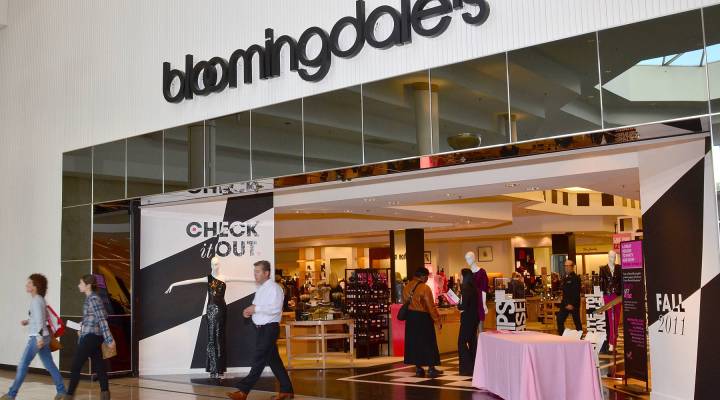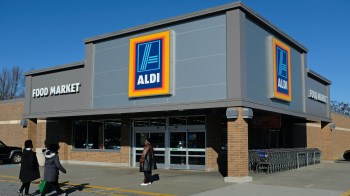
Why all eyes are on HENRY this holiday season

HENRY is back. And he’s worrying retail analysts who keep an eye on consumer spending.
Who is Henry?
HENRY is a classification of consumer. It stands for High Earners, Not Rich Yet. It covers people who earn between $100,000 and $250,000 a year. Not too shabby, but not Fortune 500 CEO, either.
Why are HENRYs such a big deal?
Because they support a key part of the retail market. They don’t patronize super high-end boutiques or stores like Barneys, and they’re not such a problem for stores like Target or Wal-Mart, or even Macy’s. But HENRYs do a lot of shopping at mall stores like Bloomingdales, Nordstrom and Tiffany, and they’re the mainstay of the “modest luxury” market, which includes brands like Coach, Ralph Lauren and Cole Haan.
OK, so they’re important. What are they doing that’s bothering investors?
It’s what they’re not doing: shopping. Mall traffic is way down over the last month; big chains like Saks and Nordstrom have been marking products down by 40 percent since before Thanksgiving, and analysts are worried that HENRYs will stay frugal through the key holiday shopping season.
But these people make a lot of money. What’s stopping them from shopping?
In a word: uncertainty. Consumers in this class of earners tend to own their homes and are invested in the stock market, so they’ve seen the value of their assets rise as stocks have gained and the real estate market has come back. But the “wealth effect” of that recovery hasn’t translated into increased confidence in the economy. These people got poorer on paper during the downturn, and now that their net worth is about back to where it was before the Great Recession, they’re going to do everything in their power to make sure that doesn’t happen to them again. They’re not confident that the economy is going to stay on the upswing, so they’re being extra conservative, saving more and spending less, and steering clear of luxury unless it’s being offered at a steep discount.
What does that mean for retailers?
It means this is going to be a tough holiday season for them. They’re going to have to work hard to get the attention of HENRYs, via email and social media, and snail mail, of course. HENRYs can expect a barrage of advertising, touting this discount and that price cut, right through the holidays. We’ve already heard that companies have in general stocked up on too much inventory during the last quarter, so getting rid of the stuff they have on hand will be a priority. That means they’ll be selling it cheap, and as quick as possible.
Sounds like a recipe for some great holiday and New Year sales.
Count on it.
There’s a lot happening in the world. Through it all, Marketplace is here for you.
You rely on Marketplace to break down the world’s events and tell you how it affects you in a fact-based, approachable way. We rely on your financial support to keep making that possible.
Your donation today powers the independent journalism that you rely on. For just $5/month, you can help sustain Marketplace so we can keep reporting on the things that matter to you.


















